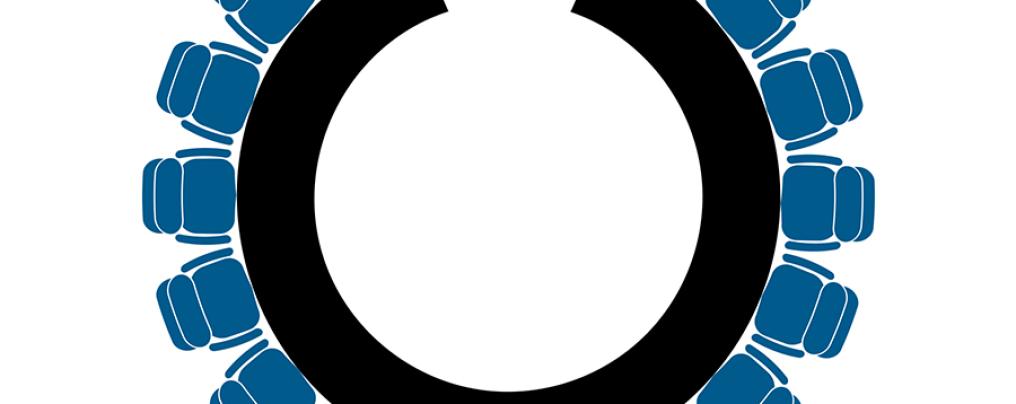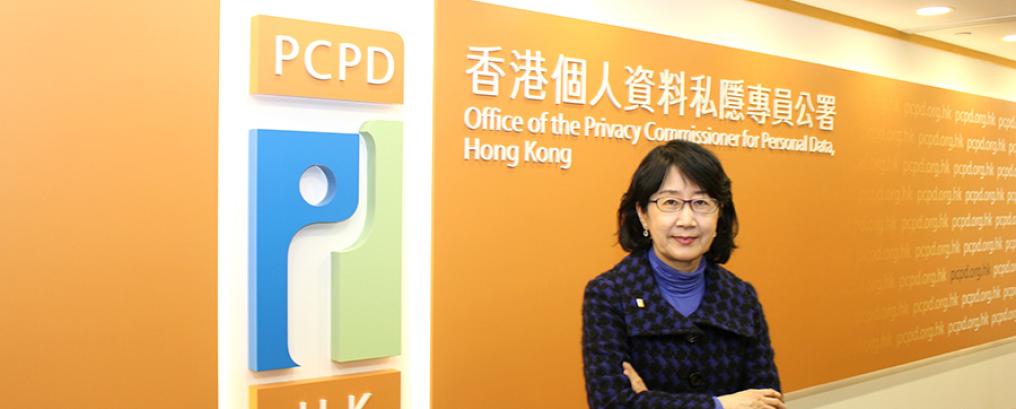What is your role as a governance professional?
‘I am currently the Executive Director of the Corporate Services Division of Vistra Hong Kong. Vistra Hong Kong is the headquarters of the Vistra Group, which employs some 4,600 professionals. It has a physical presence in 46 jurisdictions globally and manages over 200,000 legal entities. My division provides various services, including compliance and secretarial services, human resources and payroll services, business advisory, accounting and tax compliance. In addition to managing the overall operations of the Corporate Services Division, I am also the named company secretary of a number of companies listed on The Stock Exchange of Hong Kong.’
What was your career path to your current role?
‘After obtaining my undergraduate degree in Canada, I joined an international trust company based in Hong Kong as an associate in their secretarial department, during which time I was a student of The Hong Kong Institute of Chartered Secretaries and qualified as a Chartered Secretary after three years. After having worked for a few leading professional firms, I joined Vistra Hong Kong in 2015. Since then, I have been fortunate to grow my role from managing a small team of six to a department of about 80 people with different professional expertise in Hong Kong and Taiwan.’
What value does governance bring to organisations and to wider society?
‘Corporate governance impacts all aspects of an organisation, from effective communication to leadership and strategic decision-making. Governance is built on the foundations of transparency, accountability and trust. In modern society, stakeholders want to see organisations operate with integrity and social responsibility – these are all part of good governance.’
What qualities do you think are needed to be a successful governance professional?
‘Integrity and professional ethics are the core qualities of a successful governance professional. Further, they should be able to adapt to the ever-changing internal operation models and regulatory systems, as well as the external business environment. With effective communication skills and an open mindset, governance professionals can manage the expectations of different stakeholders and focus on achievable outcomes.’
How do you think governance will evolve in the future?
‘With advances in technology, I foresee more innovations relating to business models and easier access to information for stakeholders monitoring the performance of organisations. As a governance professional, one has to be adaptable and responsive to these changes, and to invite participation and solicit the views of different stakeholders. I also expect that considerations other than monetary returns (such as how organisations contribute to protecting the environment, the rights of minority groups, or how they perform in terms of gender equality) will be given more weight as stakeholders assess the effectiveness of organisations’ governance. Another area of evolution in governance will be the use and integration of information technology and artificial intelligence.’
What inspires you in your life and work?
‘I feel blessed that I am working with many talented professionals from different parts of the world. I also have the privilege of knowing and learning from clients who are leaders in their respective fields, in particular their leadership styles and unique charisma.’
How do you fill your time outside work?
‘I am a fan of travelling and one of my favourite places to visit is Japan. In addition to the spectacular scenery and delicious cuisine, I am most impressed by the devotion and respect that the Japanese have for their work. No matter whether someone is a Michelin star chef or a housekeeper in a hostel, there is an attention to the finest details and a strong sense of discipline in their work. This is something we can all learn from to achieve better governance.’



